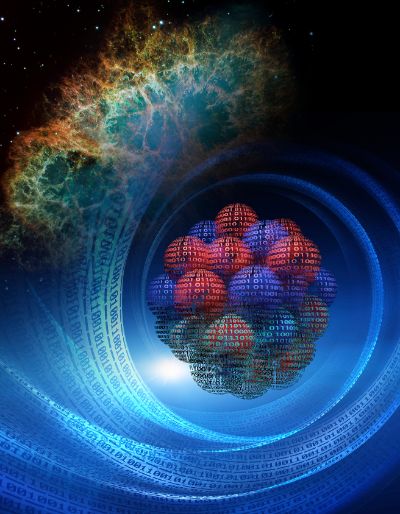The Computational Physics programme option will allow you to explore Physics with the tools of the 21st Century.
It has become clear that a large fraction of theoretical and experimental physicists require a high level of computational sophistication to competently pursue many aspects of their work, a trend that is likely to grow with time as computers increase in power and experimental datasets grow exponentially.
In Computational Physics you learn to use the computer as a laboratory for solving advanced physics problems. Numerical simulations will increasingly dominate our approaches to studying physical systems, in line with the increase in computational capabilities.
Possible applications range from:
- studying quantum physical systems in nanotechnology and the characteristics of new materials
- nuclear and particle physics, from lattice quantum chromodynamics simulations to studies of stars and the synthesis of the elements
- oil flow through various rock strata and storage of CO2
- physics applications to life science and computational neuroscience
- semi-conductor technology and simulating quantum computers or
- combining quantum computing, machine learning and data science to simulate quantum mechanical systems at the smallest length scales.
The first prototypes for quantum computers are available for simple experiments, see for example IBM's quantum experience and their quantum computer.
Quantum computer will change fundamentally the way we ramp up computations and studies of complex systems. Via this program you have the possibility to shape the future of computational studies.
Other possibilities for thesis work can be related to pedagogical questions and the use of computing in teaching at a university level. Thesis topics span from developing numerical exercises and projects for university or college courses to the development and participation in advanced assessment and research studies.
